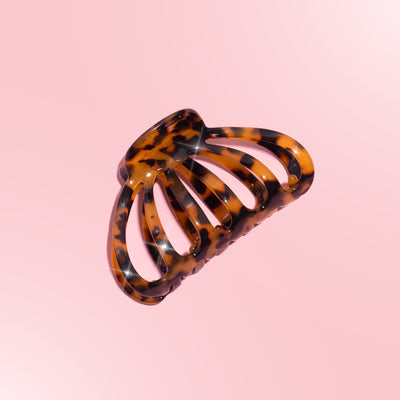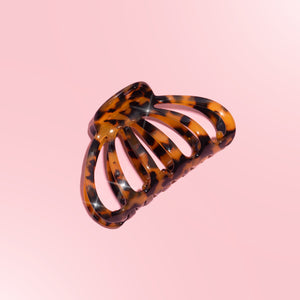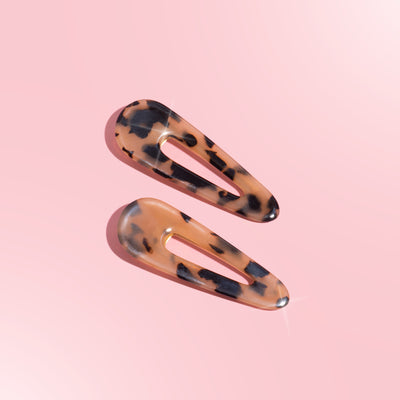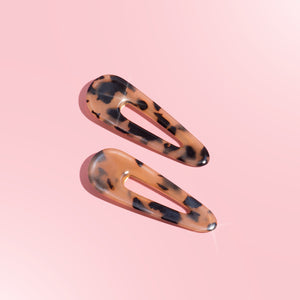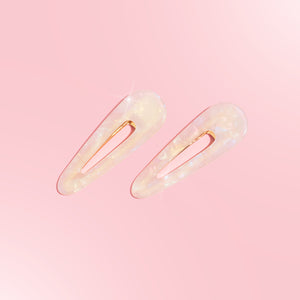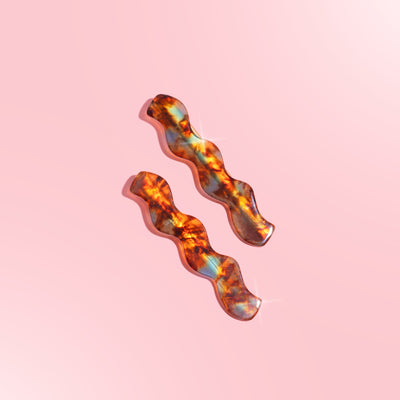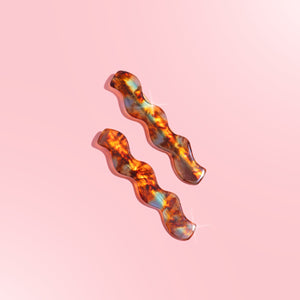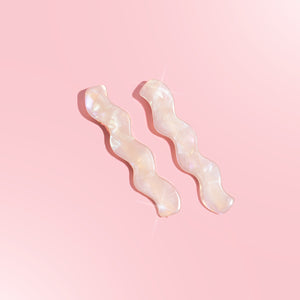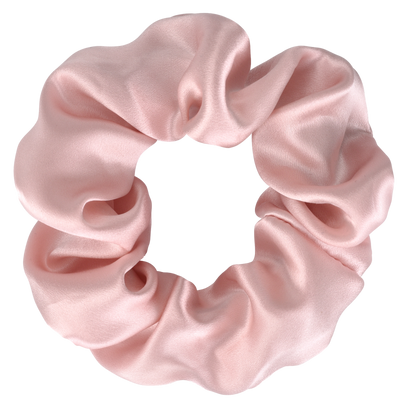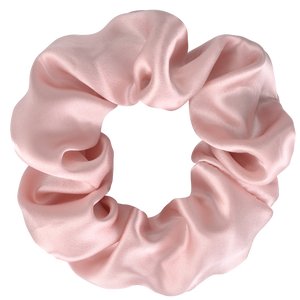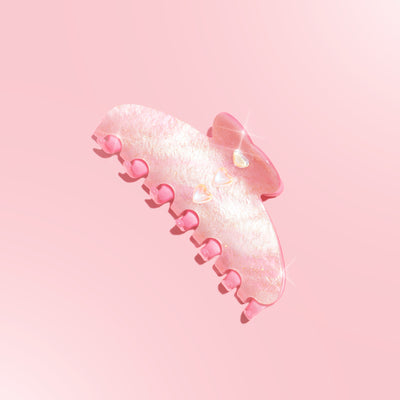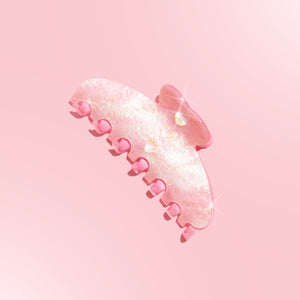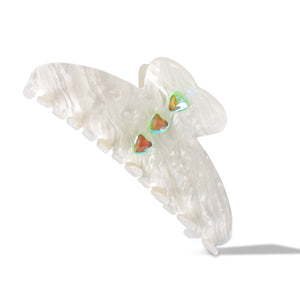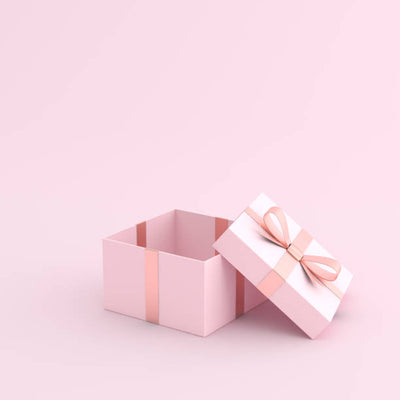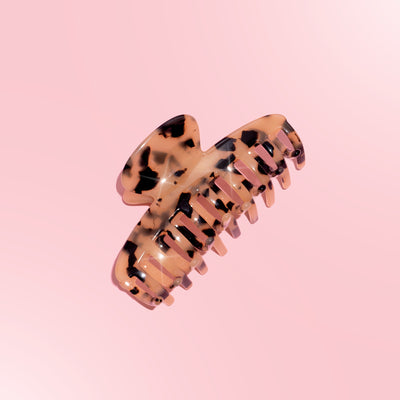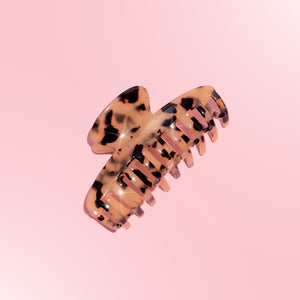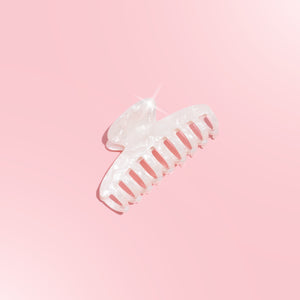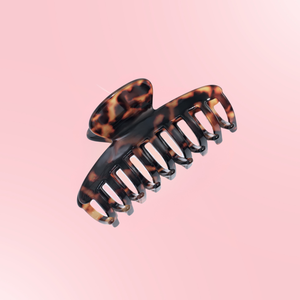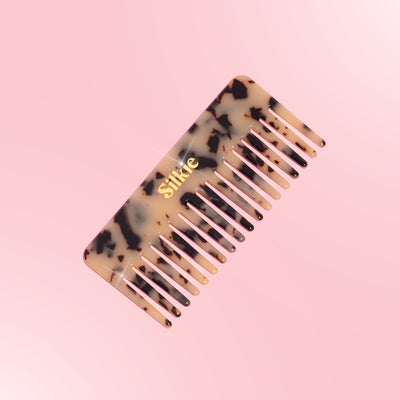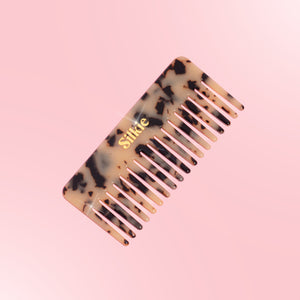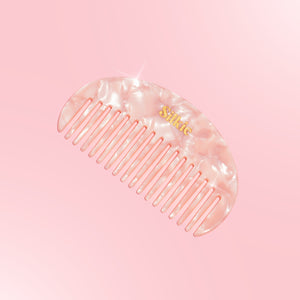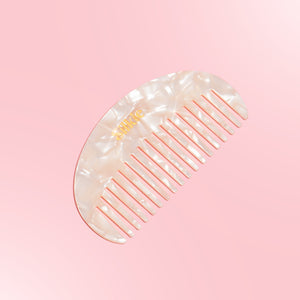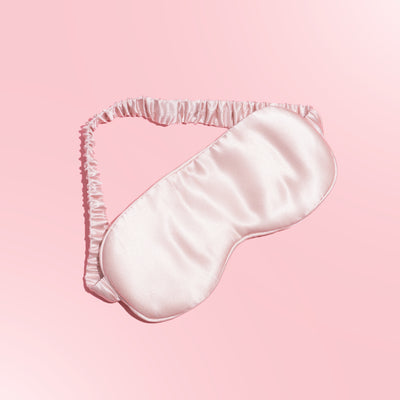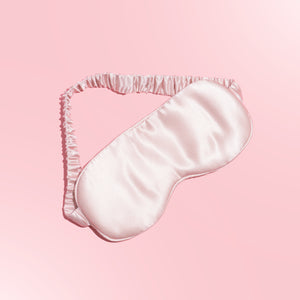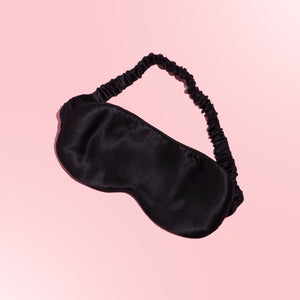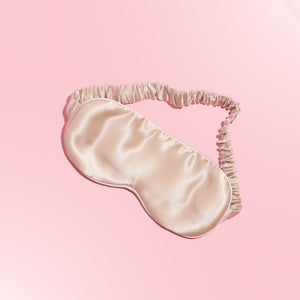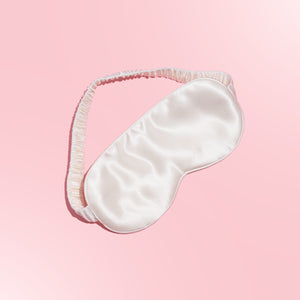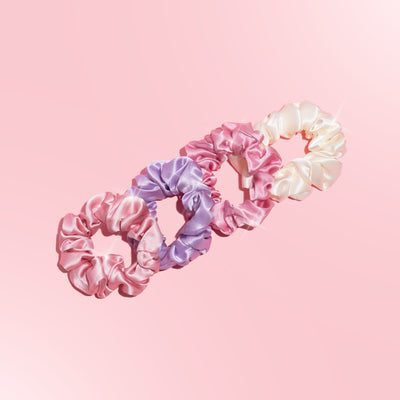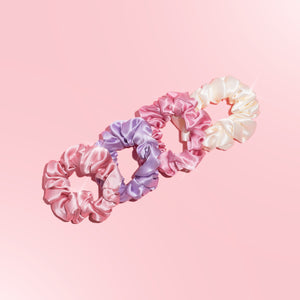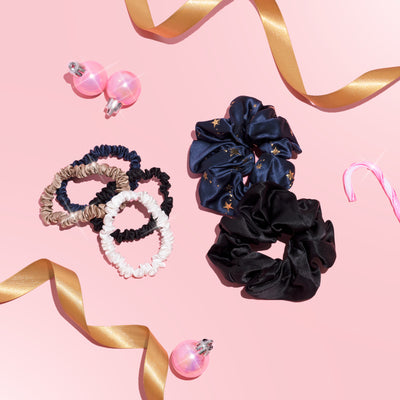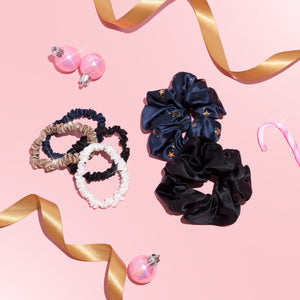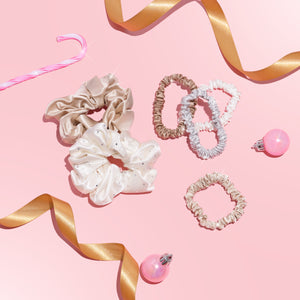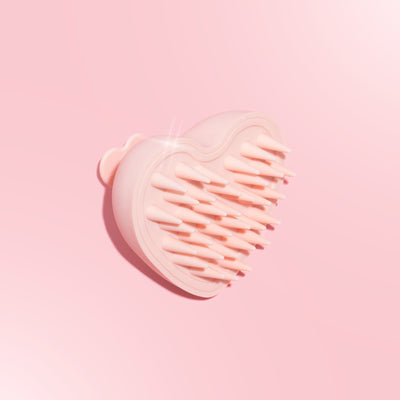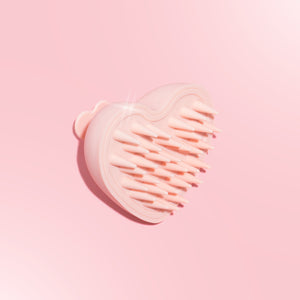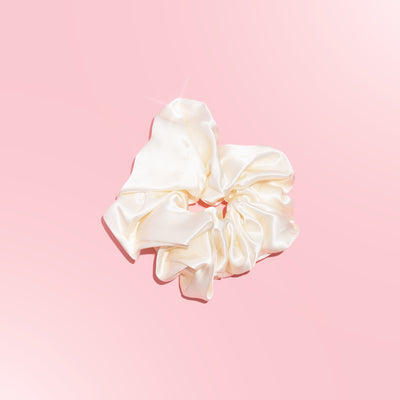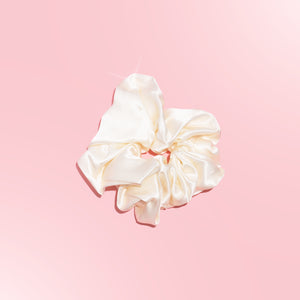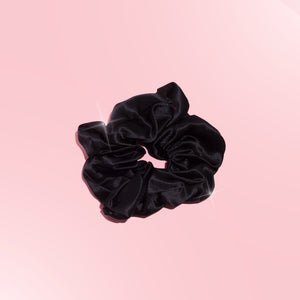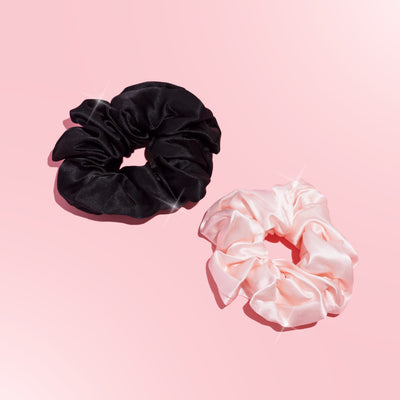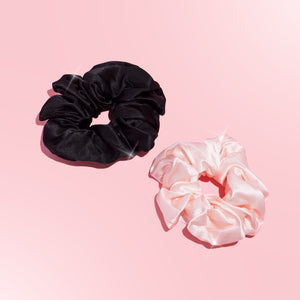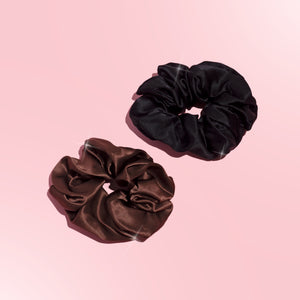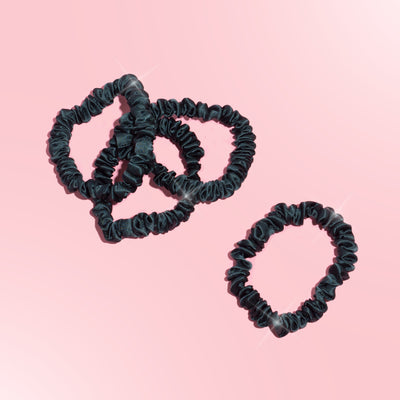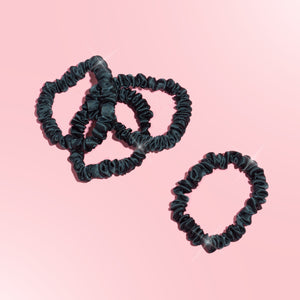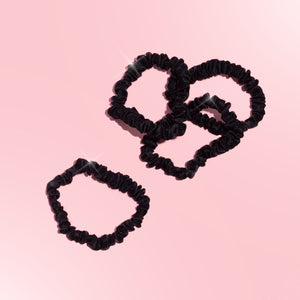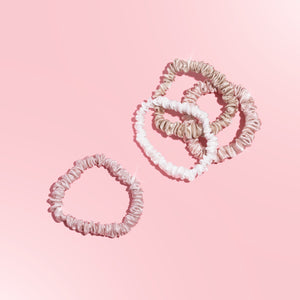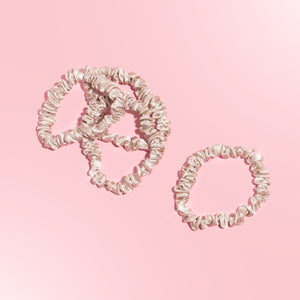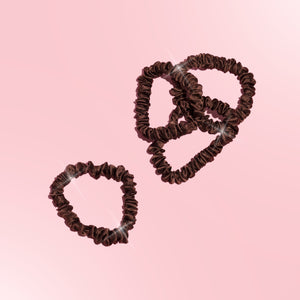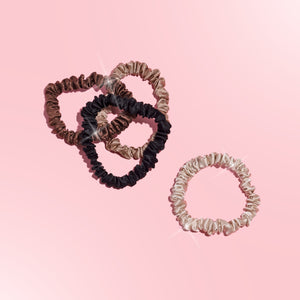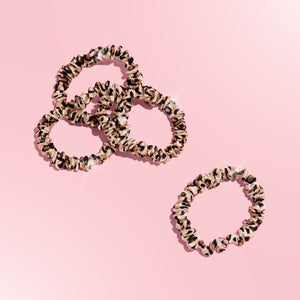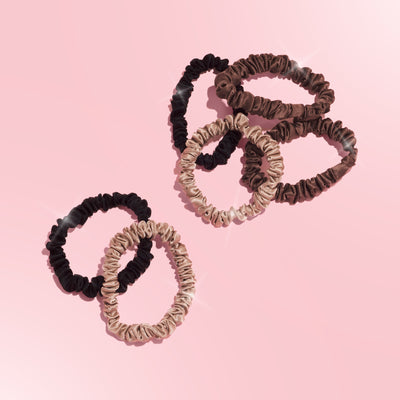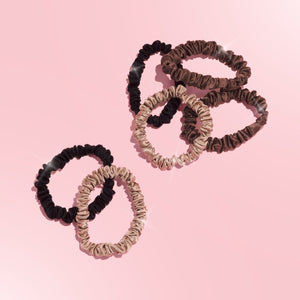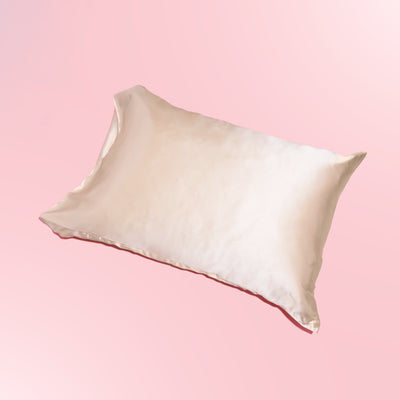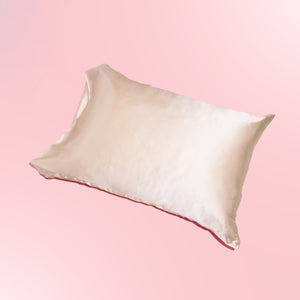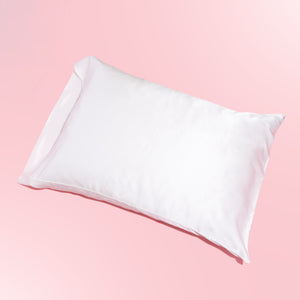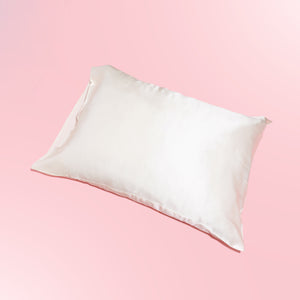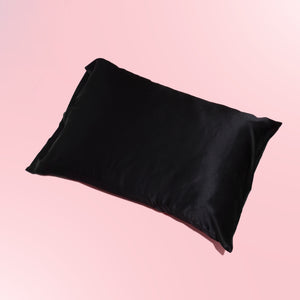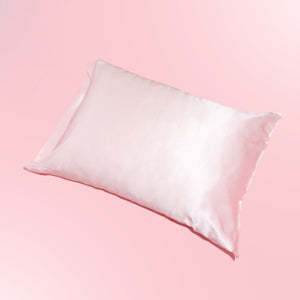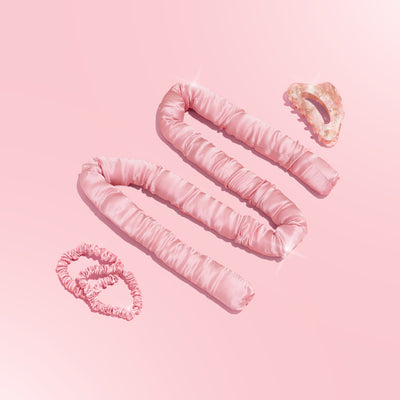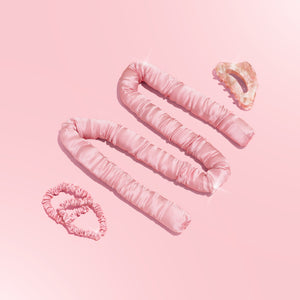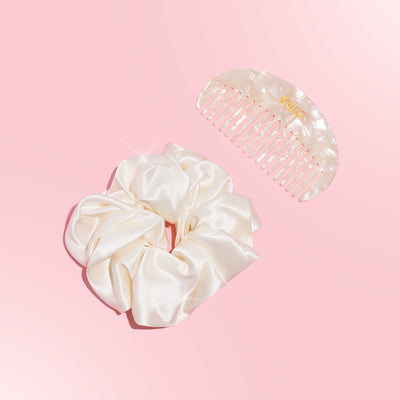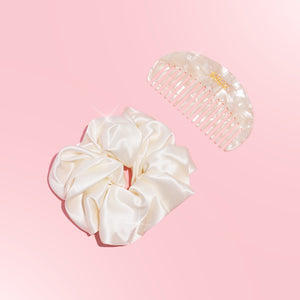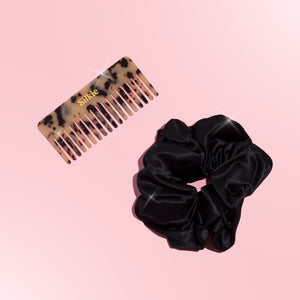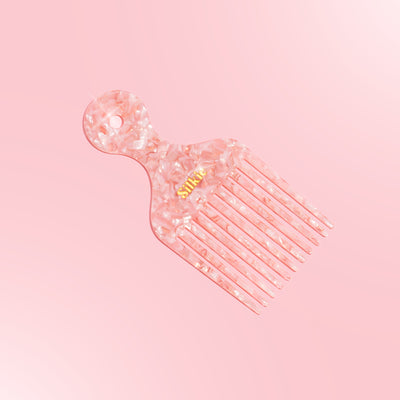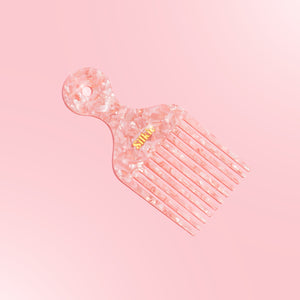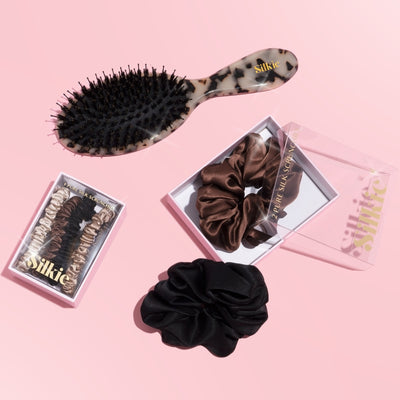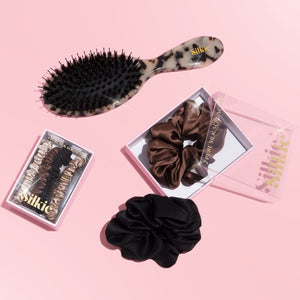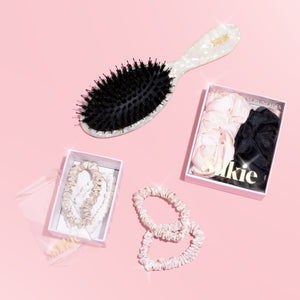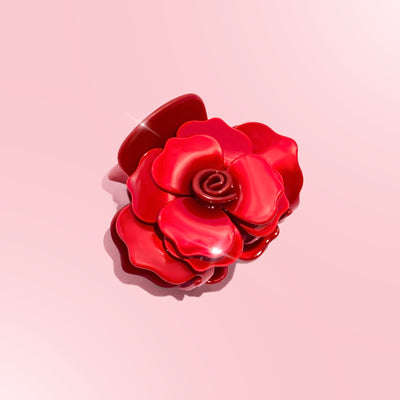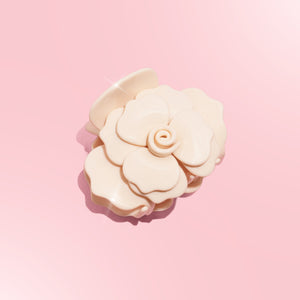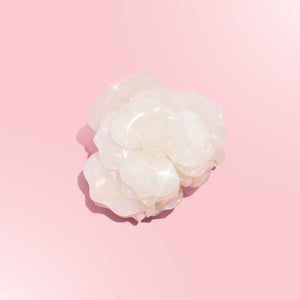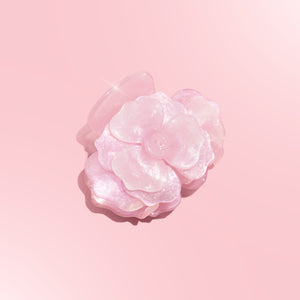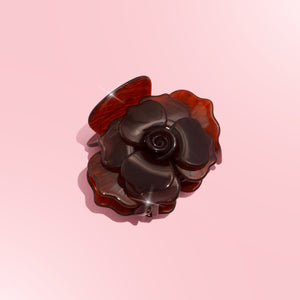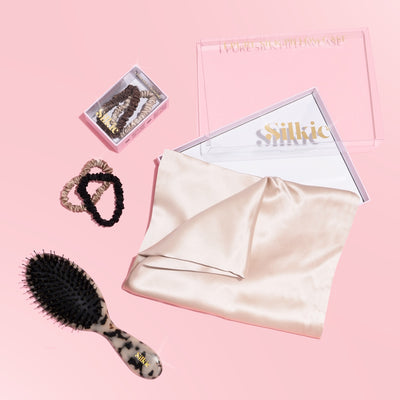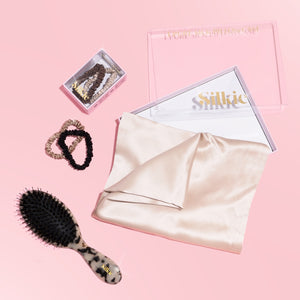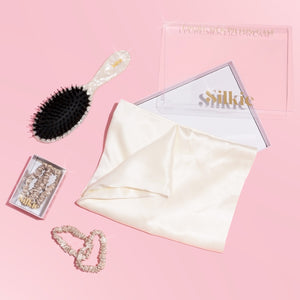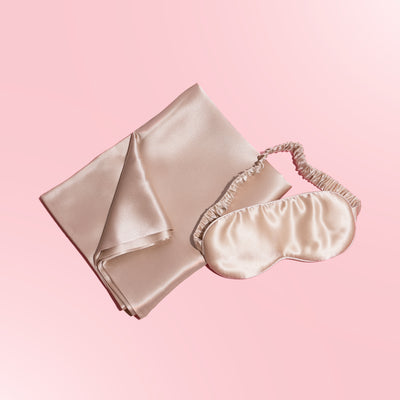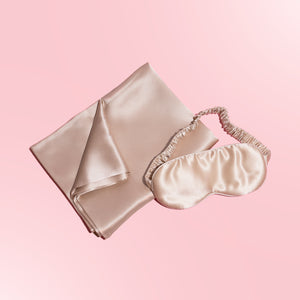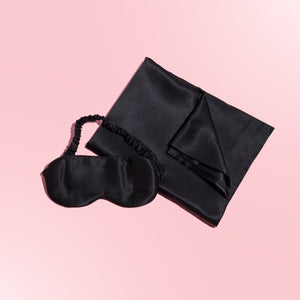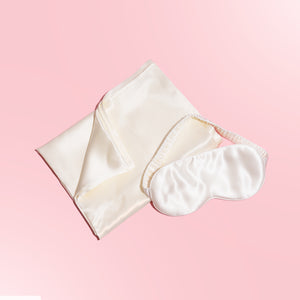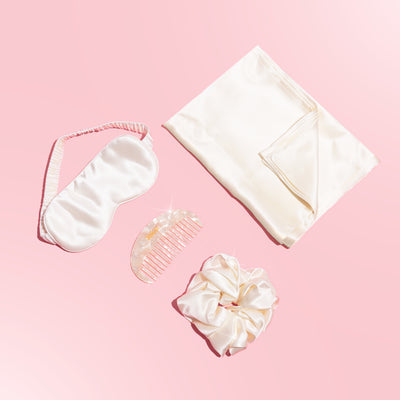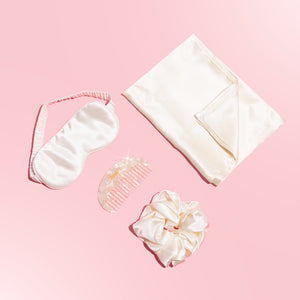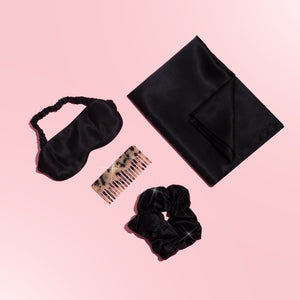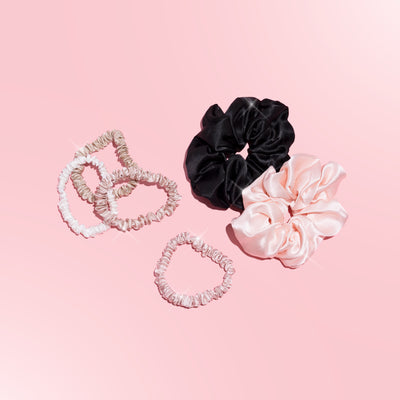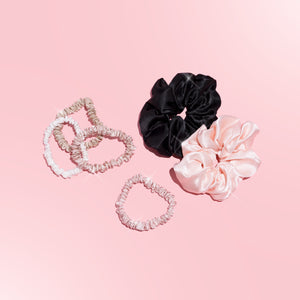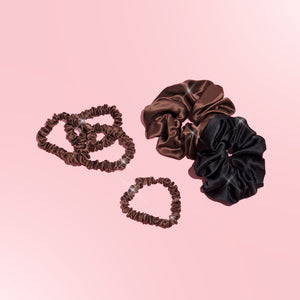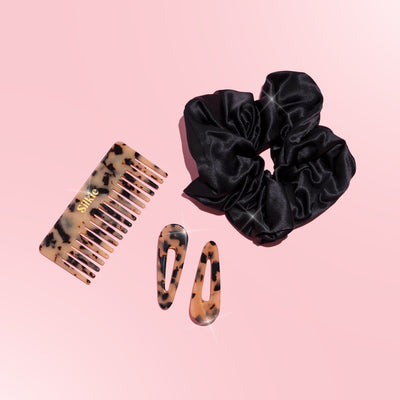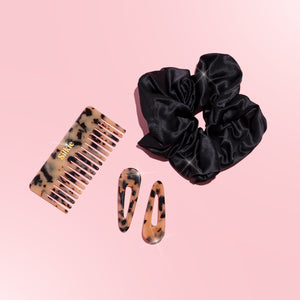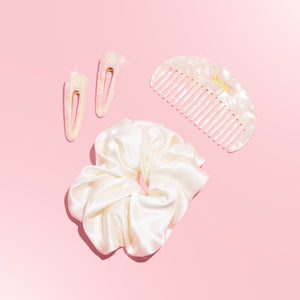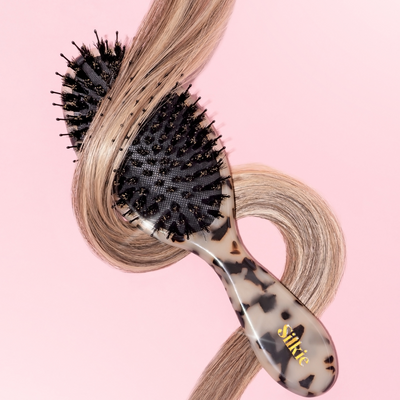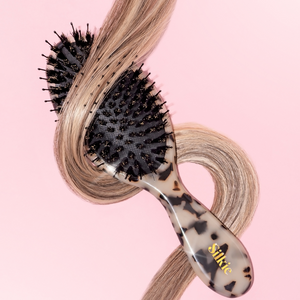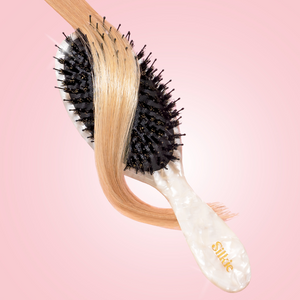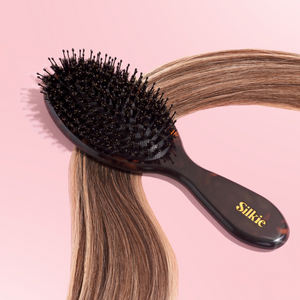Identifying the Signs of Hair Cuticle Damage
Learn the warning signs before it’s too late to save your strands.
If your hair has been looking a little… off lately — less shine, more frizz, harder to manage — you might be dealing with cuticle damage. And while the word “cuticle” gets tossed around in haircare circles, many people don’t really know what it means, or more importantly, how to recognize when it’s compromised.
In this guide, we’re breaking down what the hair cuticle actually is, what causes it to become damaged, and the key signs that your strands are crying out for help. Most importantly, we’ll cover how to start reversing that damage with smarter habits and products — including Silkie’s silk-powered haircare essentials that help protect and restore your cuticle health from the outside in.
Let’s get into it.
What Is the Hair Cuticle?
The hair cuticle is the outermost layer of your hair strand, made up of tiny overlapping cells that look like shingles on a roof. This layer acts as your hair’s natural shield, protecting the inner layers (the cortex and medulla) from moisture loss, friction, UV exposure, and chemical damage.
When the cuticle is healthy, it lays flat and smooth — that’s when your hair feels soft, shiny, and manageable. But when it’s damaged, the cuticle lifts, breaks, or wears away entirely… and your hair starts to suffer.
What Causes Cuticle Damage?
Cuticle damage can result from both everyday habits and environmental stressors. The most common culprits include:
-
Heat styling tools used without proper protection
-
Chemical treatments like bleach, dye, or relaxers
-
Rough brushing or towel-drying
-
Sun exposure and pollution
-
Washing with harsh shampoos or hard water
-
Friction from cotton pillowcases or tight elastics
Basically, your cuticles take a beating more often than you think. Recognizing the signs early is the first step in preventing long-term hair damage.
7 Signs of Hair Cuticle Damage
Wondering if your hair is suffering from cuticle damage? Here are the most telling signs to watch for:
1. Lack of Shine
Healthy hair reflects light. If your hair looks dull or matte even after conditioning, your cuticles are likely raised or chipped — which stops light from bouncing off the surface.
2. Rough or Dry Texture
Run your fingers down a single strand. If it feels bumpy, dry, or like it snags halfway through, your cuticle is probably lifted or uneven.
3. Frizz and Flyaways
Frizz is often a result of cuticle misalignment. Raised cuticles absorb too much moisture from the air, causing hair to swell and frizz uncontrollably.
4. Excessive Tangling
If you constantly have to fight knots, even after brushing or detangling, it could be because your lifted cuticles are getting caught on each other.
5. Breakage and Split Ends
When the protective outer layer is compromised, your hair becomes more vulnerable to snapping and splitting — especially at the ends.
6. Porosity Problems
Damaged cuticles often lead to high-porosity hair, which means moisture goes in easily but also escapes just as quickly. This results in hair that never seems to stay hydrated.
7. Increased Shedding
Though not always the cause, prolonged cuticle damage can weaken the entire hair strand, leading to more hair fall over time.
How to Fix and Prevent Cuticle Damage
Now that you know the signs, here’s how to repair and prevent further damage — and yes, it’s absolutely possible to restore your hair’s health with the right care.
1. Use a Silk Pillowcase
Switching from cotton to a Silkie 100% mulberry silk pillowcase is one of the easiest ways to reduce friction and cuticle damage overnight. Silk lets your hair glide as you sleep, rather than tugging or roughing up the strands.
2. Tie Up Hair with Silk Scrunchies
Traditional hair ties can cause stress and snap the cuticle layer. Silkie’s silk scrunchies are soft, smooth, and gentle on hair, even when worn all day or night.
3. Avoid Heat Without Protection
Always use a heat protectant before styling tools. If possible, limit heat to once or twice a week.
4. Moisturize with Oils and Masks
Deep conditioning and oil treatments (like argan, coconut, or jojoba oil) help seal the cuticle and lock in hydration. Look for masks designed to repair damaged hair and restore elasticity.
5. Rinse with Cool Water
Hot water lifts your cuticle — cool water helps lay it flat. Always finish your wash routine with a cool rinse to seal moisture in.
6. Brush Gently and Strategically
Choose a soft-bristle brush or a detangling brush with wider spacing. Always start detangling from the ends and work your way up.
Final Thoughts
Cuticle damage doesn’t happen overnight — but neither does healing it. The good news is, with consistency, the right tools, and small upgrades to your daily habits, you can protect your hair from future damage and bring back softness, shine, and strength.
Want an easy head start?
Silkie’s silk pillowcases and scrunchies are made specifically to minimize damage and keep your hair cuticles safe — even while you sleep.
Your hair deserves better. Give it the Silkie treatment.
Explore more at www.shopsilkie.com.
